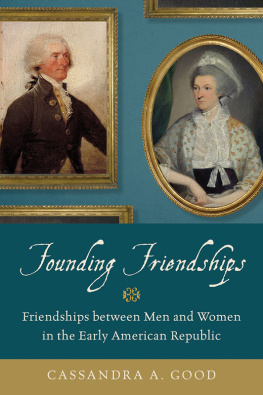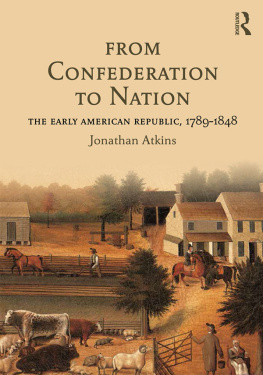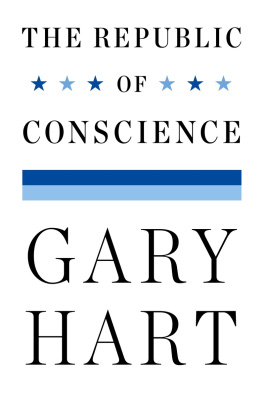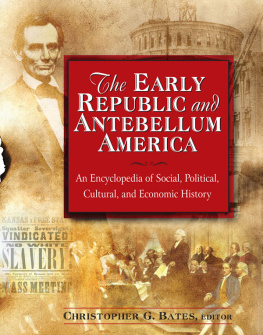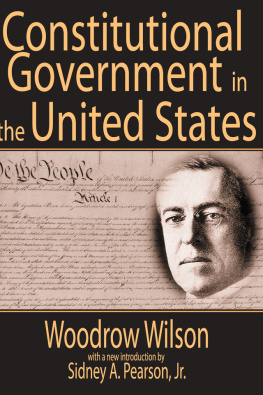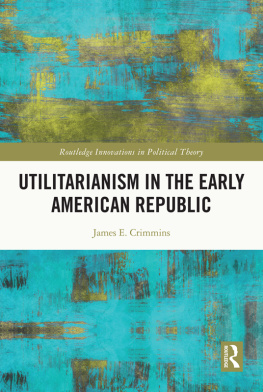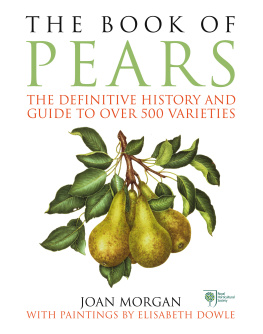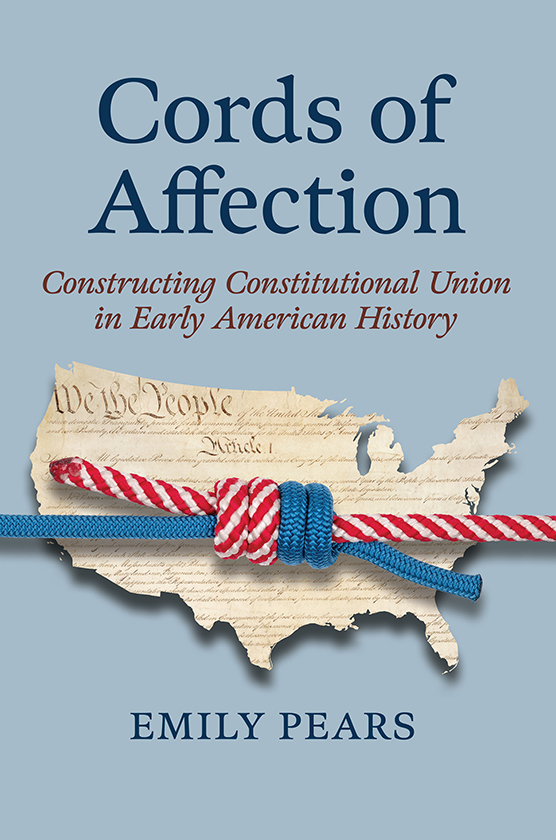Emily Pears - Cords of Affection: Constructing Constitutional Union in Early American History
Here you can read online Emily Pears - Cords of Affection: Constructing Constitutional Union in Early American History full text of the book (entire story) in english for free. Download pdf and epub, get meaning, cover and reviews about this ebook. City: Lawrence, year: 2021, publisher: University Press of Kansas, genre: History / Science. Description of the work, (preface) as well as reviews are available. Best literature library LitArk.com created for fans of good reading and offers a wide selection of genres:
Romance novel
Science fiction
Adventure
Detective
Science
History
Home and family
Prose
Art
Politics
Computer
Non-fiction
Religion
Business
Children
Humor
Choose a favorite category and find really read worthwhile books. Enjoy immersion in the world of imagination, feel the emotions of the characters or learn something new for yourself, make an fascinating discovery.

- Book:Cords of Affection: Constructing Constitutional Union in Early American History
- Author:
- Publisher:University Press of Kansas
- Genre:
- Year:2021
- City:Lawrence
- Rating:5 / 5
- Favourites:Add to favourites
- Your mark:
Cords of Affection: Constructing Constitutional Union in Early American History: summary, description and annotation
We offer to read an annotation, description, summary or preface (depends on what the author of the book "Cords of Affection: Constructing Constitutional Union in Early American History" wrote himself). If you haven't found the necessary information about the book — write in the comments, we will try to find it.
In Cords of Affection Emily Pears offers lessons from history about the strengths, weaknesses, and pitfalls of various approaches to constructing national political attachments. Twenty-first century Americans attachments to their national government have waned. While there are multiple narratives of this decline, they all have the same core element: a citizenry unwilling to uphold the norms and institutions of American democracy in the face of challenge. When a demagogue, or a populist movement, or a foreign power threatens action that undermines American democracy, citizens will not come to its defense. Citizens cheer their own side, regardless of the means it uses, or they are simply apathetic to the role that institutions and institutional constraints play in keeping us all free and equal. At worst, Americans have come to regard their inherited constitutional foundations as unjust, biased, or ill-equipped for the modern world, and the notion of a shared political community as prejudicial and old-fashioned. They feel little sense of attachment to the American regime. By contrast the lessons in Cords of Affection allow us to consider a broader array of possible tools for the maintenance of todays political attachments.
Emily Pears: author's other books
Who wrote Cords of Affection: Constructing Constitutional Union in Early American History? Find out the surname, the name of the author of the book and a list of all author's works by series.

